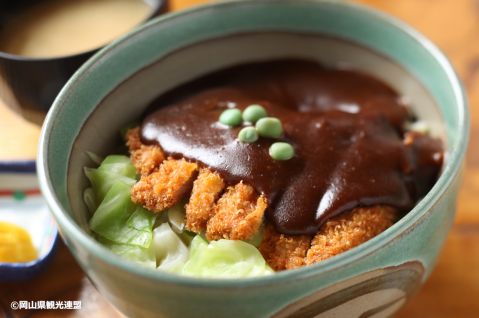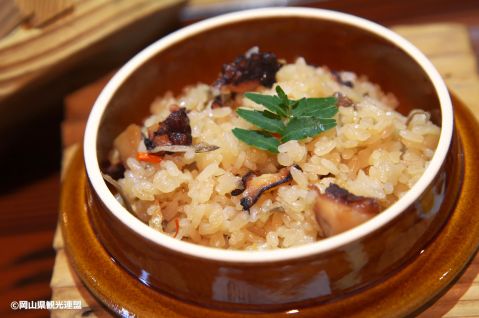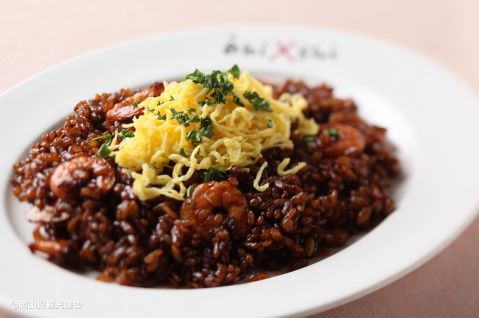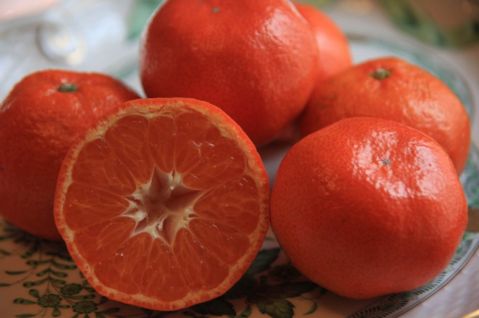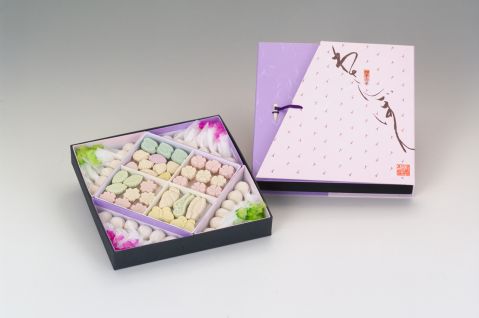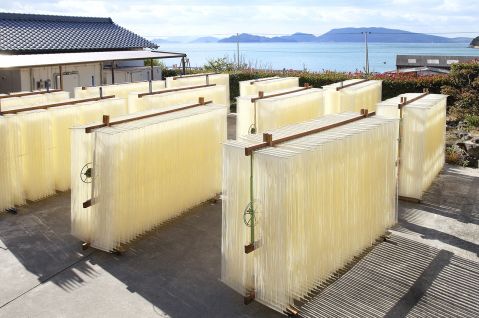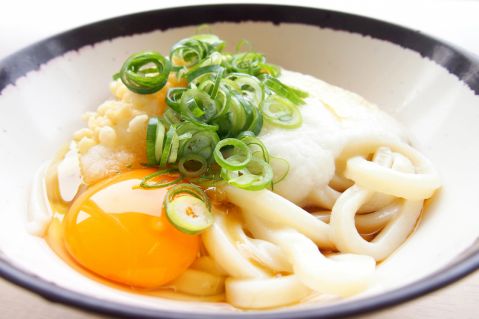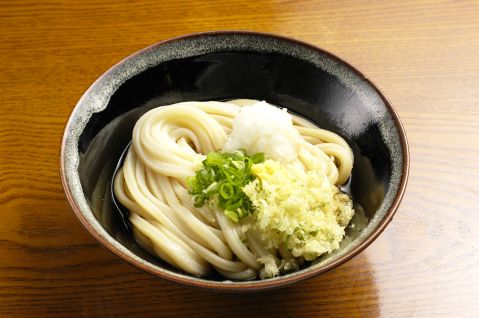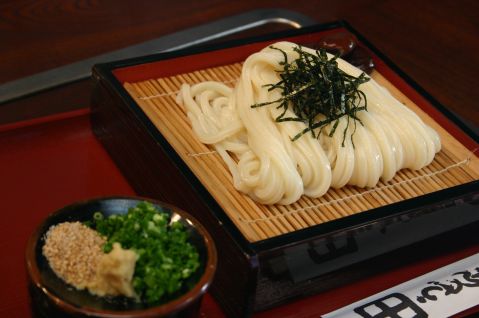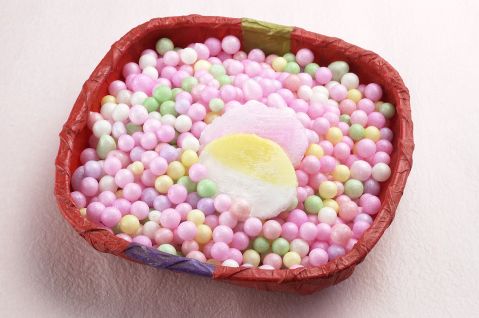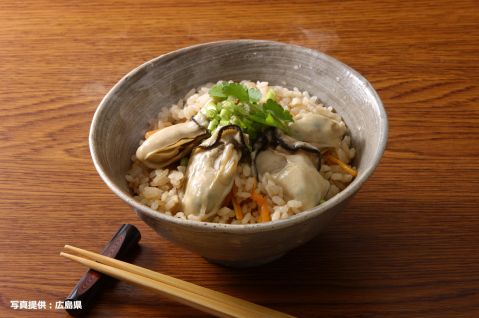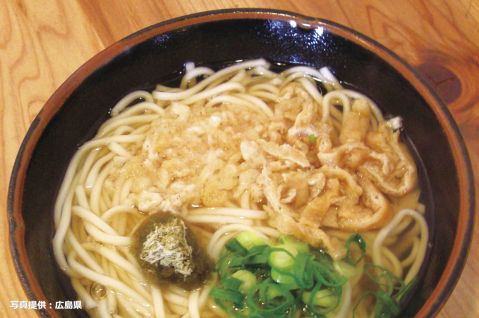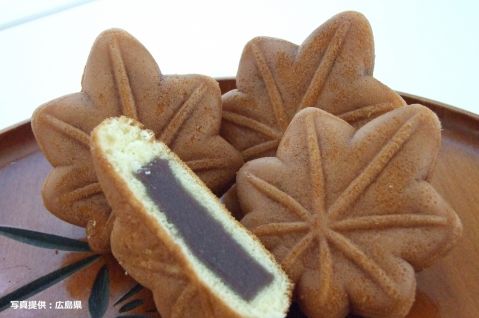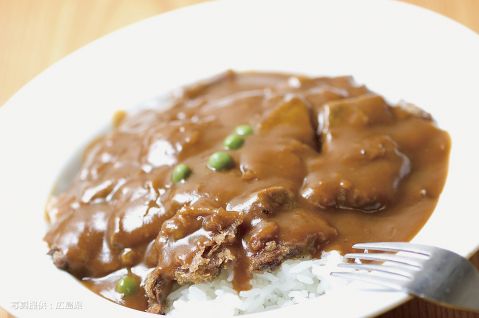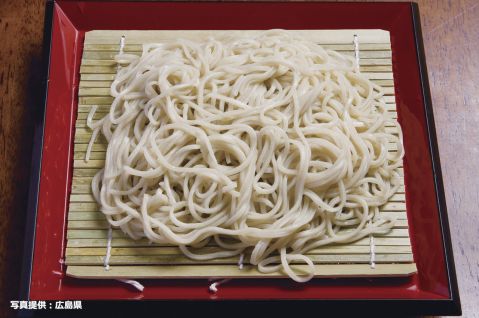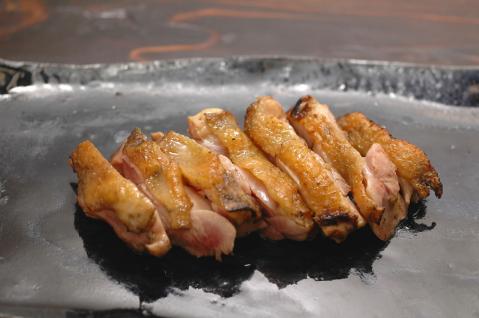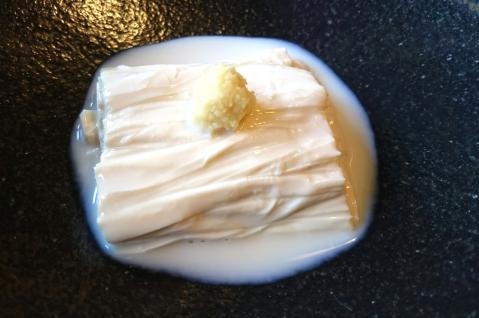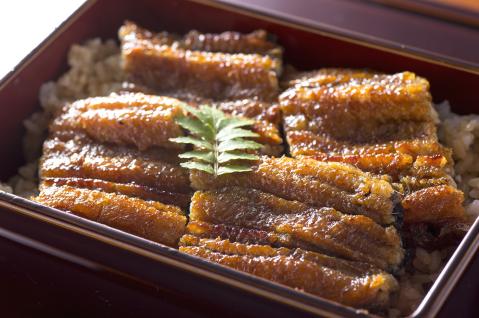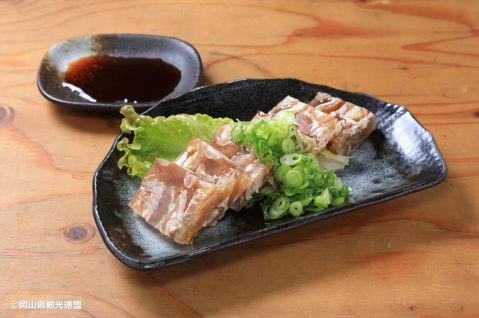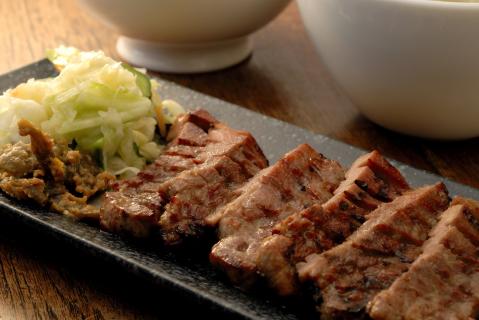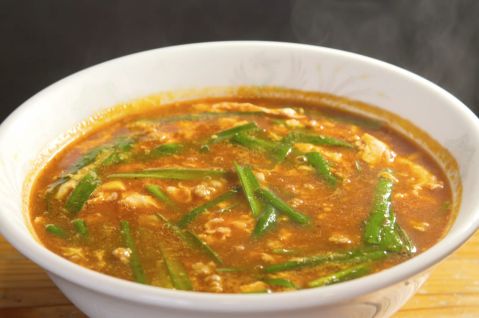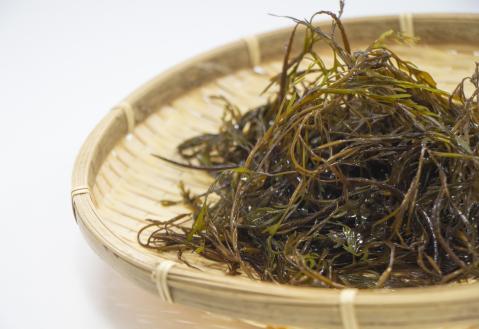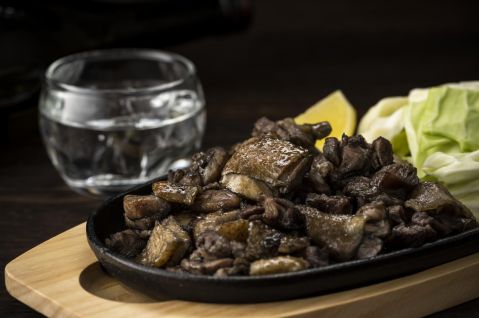Regional cuisine of Chugoku/Shikoku region
Cooking Classes in Japan
airKitchen allows travelers from all around the world to book and experience authentic cooking classes. Chose your best cooking class from 1000+ classes.
Okayama Demi-Katsu Don
Okayama Demi-Katsu Don (おかやまデミカツ丼) is a beloved local rice bowl specialty from Okayama. It features freshly fried, perfectly crispy pork cutlets top...
Octopus Rice
Okayama Prefecture is one of Japan’s leading octopus-producing regions. The octopus caught near the Shimotsui area of Kurashiki City, known for its swift cur...
Ebi Meshi (Shrimp Fried Rice)
Ebi Meshi (えびめし, shrimp fried rice) is a distinctive dish made with fried rice coated in a rich, savory sauce blending caramel sauce, ketchup, and aromat...
Soft Serve Ice Cream
Soft serve ice cream (ソフトクリーム, sofutokuriimu) in Kagawa Prefecture comes in an astonishing array of flavors. From colorful treats topped with local sw...
Kobara Beniwase Mandarin
The Kobara Beniwase Mandarin (小原紅早生, Kobara Beniwase) is a unique variety originating in Kagawa Prefecture. It was developed as a natural mutation of th...
Wasanbon
Wasanbon (和三盆) is a premium, hand-crafted sugar from the Sanuki region, made from sugarcane grown in a small, specialized area. This sugarcane, nurtured i...
Shodoshima Somen
Shodoshima Somen (小豆島素麺) is one of Japan's top three somen noodles, celebrated for its unique flavor, texture, and firm bite. The traditional hand-st...
Kamatama Udon
Kamatama Udon (釜玉うどん, Kamadama udon) is a popular variation of Sanuki udon, the famous noodle dish from Kagawa Prefecture. This dish features freshly...
Bukkake Udon
Bukkake Udon (ぶっかけうどん, Bukkake udon) is a dish where a richly flavored broth is poured directly over the noodles before eating. After being boiled, th...
Zaru Udon
Zaru udon (ざるうどん, Zaru udon) is a refreshing way to enjoy the famous Sanuki udon noodles from Kagawa Prefecture. The Setouchi region, where Kagawa is...
Oiri
Oiri (おいり, Oiri) is a type of arare, or traditional Japanese rice cracker, produced mainly in the central and western parts of Kagawa Prefecture and easte...
Kaki Meshi
Kaki Meshi (かき飯, Kaki meshi) is a flavorful rice dish made by cooking plump oyster meat together with soy sauce, sake, dashi broth, and rice. Oysters are ...
Thin Udon
Thin Udon (細うどん, Hosou udon) is a regional specialty of Kure City in Hiroshima Prefecture, known for its slim noodles measuring only about 3 to 4 millime...
Momiji Manju
Momiji Manju (もみじ饅頭) is a traditional Japanese confection with a soft and fluffy castella cake exterior made from eggs and wheat flour, filled with swee...
Naval Gourmet
Kure City in Hiroshima Prefecture, facing the Seto Inland Sea, is known as a place with deep connections to the Japanese Navy. In 1889, the Kure Naval Distri...
Toyohira Soba
Toyohira Soba (豊平そば, Toyohira soba) is crafted using locally produced buckwheat flour and pure spring water, following four meticulous steps: mixing, kne...
Kind of food
Recommended
-
![Hinai Jidori Yakitori]()
Hinai Jidori Yakitori
Akita / >Meat dish -
![Yuba]()
Yuba
Tochigi / >Local cuisine -
![Wild-Caught Freshwater Eel]()
Wild-Caught Freshwater Eel
Fukui / >Don dish -
![Nikogori]()
Nikogori
Okayama / >Local cuisine -
![Beef Tongue]()
Beef Tongue
Miyagi / >Meat dish -
![Kara-Men (Spicy Noodles)]()
Kara-Men (Spicy Noodles)
Miyazaki / >Ramen -
![Gibasa]()
Gibasa
Akita / >Local cuisine -
![Charcoal-Grilled Jidori Chicken]()
Charcoal-Grilled Jidori Chicken
Miyazaki / >Yakitori & Kusiyaki

